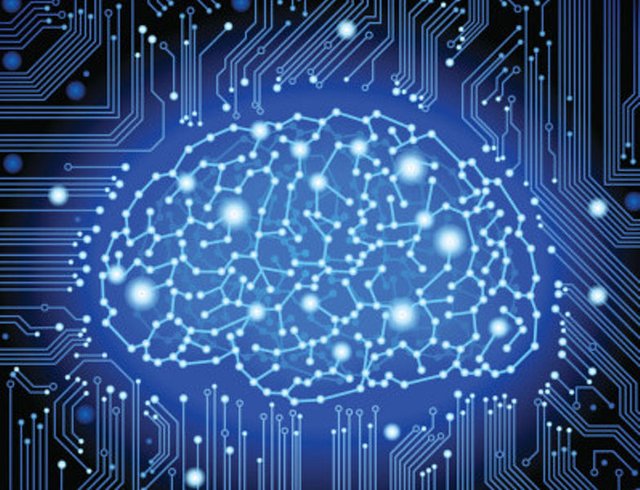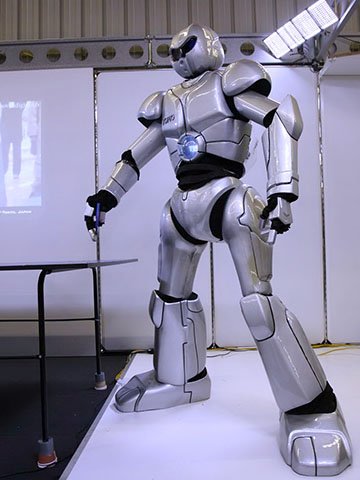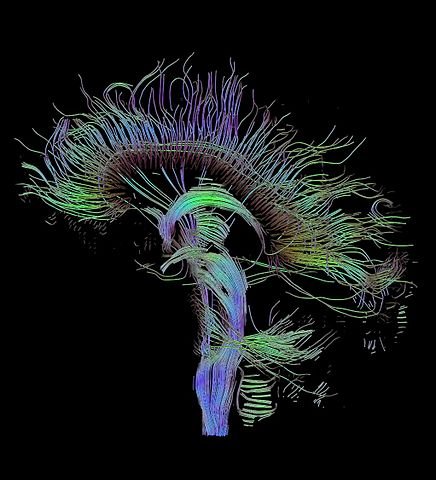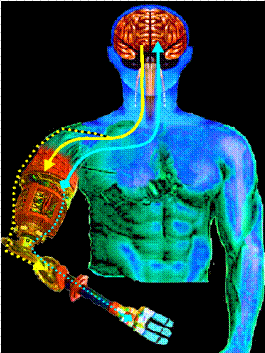Artificial Brain Neural Network Matrix - The China Brain Project

An artificial brain is being developed by the China Brain Project. It takes an evolutionary engineering approach, by evolving tens of thousands of neural net modules called "agents", connected as an artificial brain in a "network of neural networks". Thousands of pattern recognition modules along with hundreds of decision modules will combine to make hundreds of behavioral controls for walking and talking robots.

The China Brain Project does research into cognition and the underlying neuronal mechanisms for the diagnosis and intervention of brain diseases, as well as brain-based computer technology such as brain computer interfacing.
Mu-ming Poo, director of the Institute of Neuroscience at the Chinese Academy of Sciences (CAS) and director of the CAS Center for Excellence in Brain Science and Intelligence Technology, is also the chief organizer of this project. At 67, he will also be awarded the 2016 Gruber Neuroscience Prize in San Diego on Sunday, November 13th, for his discoveries in synaptic plasticity of the brain.

The team was first going make the neural net modules evolve for control of the robot's motors, but it does more. The evolution in learning will be a mix of neural net modules, Choregraphe motion control models, and code modules. The code will make decisions to map between the stimulus of the external world and the internal world the robot will have. A low battery is akin to our hunger. Taking care of its body of motor actions will also be involved. It will be interesting to see what the brain chooses to do with the hundreds of available behaviors.
The techniques to develop the artificial brain will mirror real brains, from profiling gene expression in neurons, to brain imaging. They will look at depression, addition, neurodegenerative diseases like Alzheimer's and Parkinson's, and autism.
The first brain-machine interfaces to develop are going to be medical, such as neuroprosthetics where the brain controls machines like a mechanical arm or leg.

Even though we don't yet know fully how the brain works, there are some features that can be incorporated into AI development.
The China Brain Project has an advantage over other artificial brain projects is their use of nonhuman animals in their development, specifically primates. Poo says they are needed to develop the artificial brain that will eventually lead to saving human lives. This research is supported by many, as it will provide new and better information to overtake the long standing rodent models of human conditions in 20 years. In 30 years, they expect to have technologies that stimulate and modify the brain activity for therapeutic purposes, or others...
One project Poo envisions, is to find where sleep happens and be able to interface with that and manage our sleep to a T of precision. That's not only effective for people with sleep disorders, but even other people an take advantage of that.

If you appreciate and value the content, please consider:
Upvoting  , Sharing
, Sharing  and Reblogging
and Reblogging  below.
below.
 me for more great content to come! Please also go through my older work to learn about more topics.
me for more great content to come! Please also go through my older work to learn about more topics.
Author: Kris Nelson / @krnel
Contact: [email protected]
Date: 2016-11-12, 6:30am EST
when successfully completed they'll have something less powerful than a coachroach. Not to disparage their results which will probably be the most 'mind-like' result yet...just to draw attention to the fact that the task is MUCH greater than what is generally let on.
network of networks is exactly right.
It's been said that each neuron is supercomputer equivalent.
Wow. Fascinating!